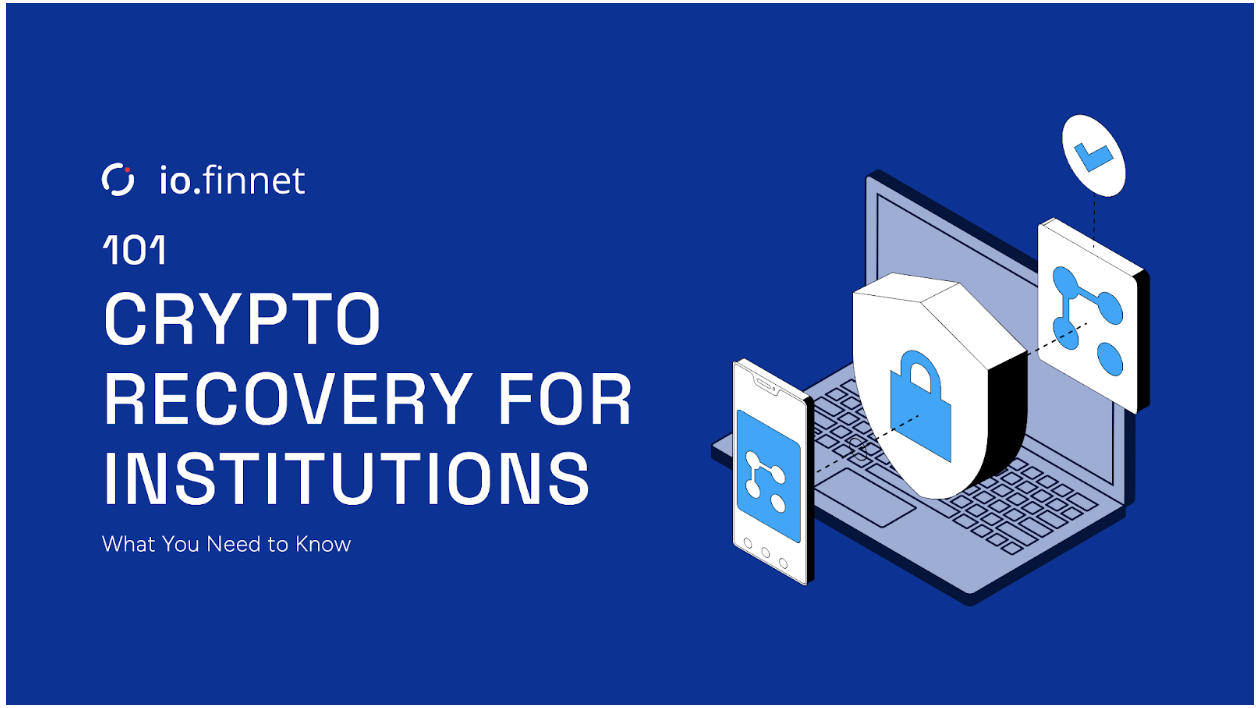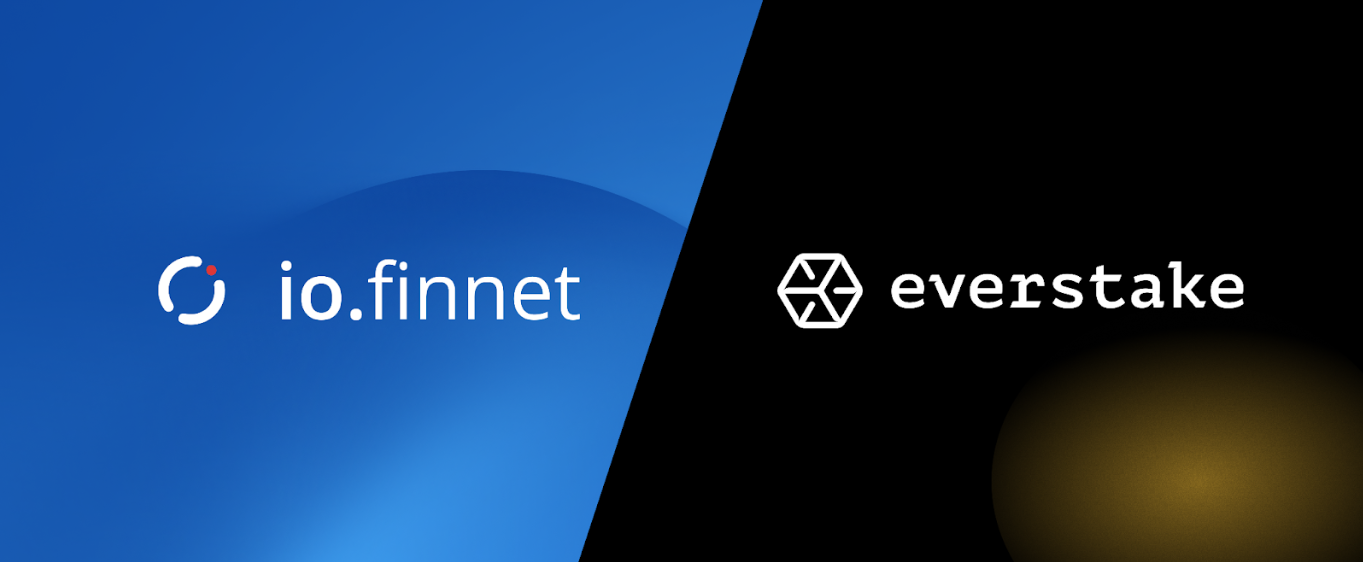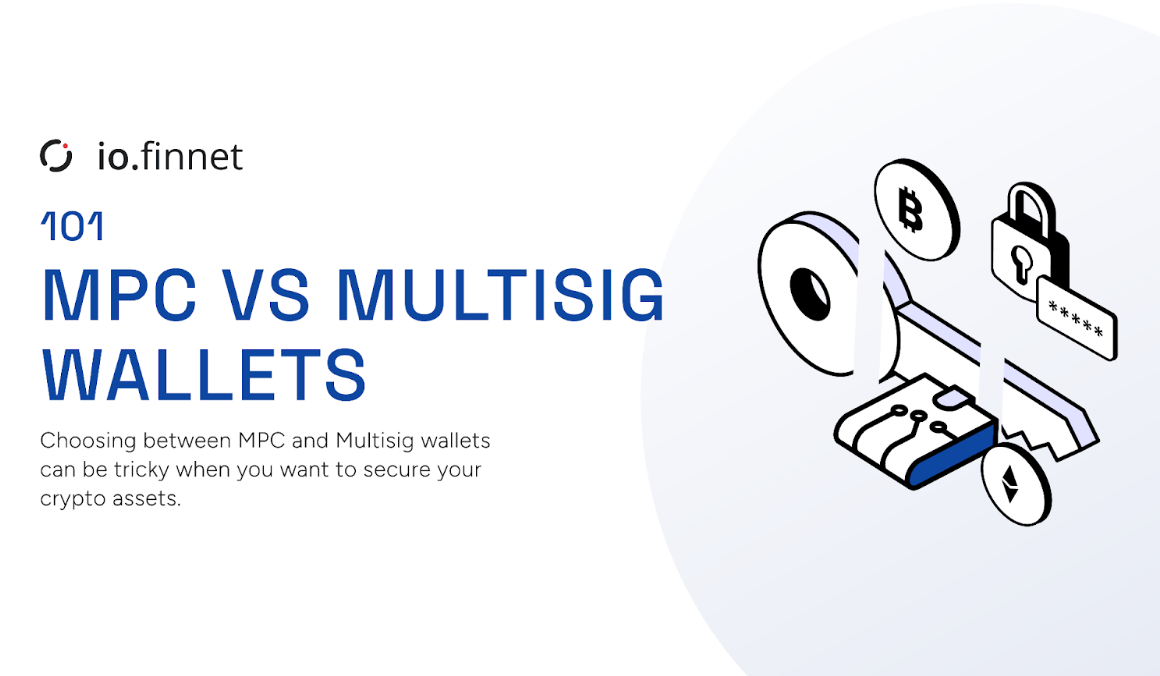LEARN
Top Finance Blockchain Use Cases in 2023
Blockchain technology has gained significant momentum in the financial sector, offering innovative solutions to address longstanding challenges. This year’s top trends in blockchain adoption in finance are reflected in a wide array of use cases, spearheading a revolution in the industry.

Cross-Border Payments
Traditional cross-border payment processes are often complex, expensive, and time-consuming. However, through blockchain, a decentralized and transparent platform simplifies these transactions. With smart contracts and digital currencies, blockchain streamlines payment processes, reduces transaction fees, and brings greater transparency to all parties involved. Special networks like Ripple and Stellar offer services for seamless, high-value institutional settlements, featuring advantages like rapidity, automation, secure transactions, and access to emerging markets. Onyx, which was introduced by JPMorgan in October 2020, utilizes blockchain technology to enhance wholesale payment transactions. It combines the efficiency, speed, and security of JPMorgan’s financial services with these advancements. The company is actively working on the development of innovative blockchain-based offerings designed for facilitating cross-border payments.
Trade Finance
The exchange of trade-related documents and financial transactions can be complex. Blockchain presents an efficient and scalable solution by offering a secure and transparent platform that caters to the needs of all participants involved. With smart contracts, trade agreements can be executed automatically and without intermediaries. Blockchain’s immutability also ensures the integrity of transaction records. For example, in international trade, a consortium of companies utilizes blockchain technology to streamline trade finance processes, enabling secure and automated execution of trade agreements through smart contracts, while ensuring the integrity of transaction records with the immutability feature of blockchain.
Digital Identity Verification
Blockchain-powered digital identity verification processes use decentralized ledgers to help banks and financial institutions to securely and efficiently verify customer identities. This decentralized approach enhances data privacy while mitigating the risks of identity fraud.
Supply Chain Finance
Blockchain has the potential to revolutionize supply chain finance by facilitating secure and transparent tracking of goods and payments. Through distributed ledger technology, stakeholders can access real-time information regarding the movement of goods, enhancing transparency and reducing fraud risks. Moreover, smart contracts automate payment settlements, improving efficiency and reducing administrative burdens. For instance, a global retail corporation leverages blockchain technology to revolutionize supply chain finance, enabling real-time tracking of goods, transparent payment tracking, and automated settlements through smart contracts, streamlining processes, and minimizing fraud risks.
Asset Tokenization
Physical assets, such as real estate, art, and other valuable items, can be tokenized through the blockchain. This process converts assets into digital tokens, increasing accessibility and liquidity. With blockchain’s transparent ownership records and seamless trading capabilities, investors can benefit from fractional ownership and easily trade tokenized assets. Central banks and government organizations are entering the scene as well, investigating the idea of tokenization and constructing the necessary framework to stay in line with technological progress. According to Boston Consulting Group, asset tokenization and blockchain have the potential to save around US$20 billion in global clearing and settlement annually. Additionally, by 2030, it could unlock a market worth US$16 trillion for tokenized illiquid assets.
Decentralized Finance (DeFi)
Decentralized Finance, or DeFi, is a rapidly growing field that leverages blockchain to create an open and transparent financial ecosystem. DeFi applications enable peer-to-peer lending, borrowing, and trading without intermediaries. With smart contracts, participants can securely transact, earn interest on their assets, and access financial services, irrespective of their location or financial status. Examples of the leading DeFi platforms in 2023 include PancakeSwap, Aave, and Uniswap.
Smart Contracts
Smart contracts are self-executing contracts with terms directly written coded on the blockchain. These contracts automatically enforce agreed-upon conditions, eliminating the need for intermediaries and reducing the risk of disputes. They streamline processes such as escrow services, supply chain agreements, and financial derivatives, making transactions faster, more efficient, and transparent. Let’s take the real estate industry as an example. Smart contracts are employed to automate property transactions in real estate, enabling seamless and secure execution of agreements, removing intermediaries like escrow agents, and ensuring that all conditions are met before funds are transferred to complete the purchase.
Fraud Detection
Blockchain’s transparency and immutability play a crucial role in combating fraud in the financial sector. By recording transactions on a distributed ledger, suspicious activities can be easily identified and traced. The decentralized nature of blockchain reduces the risk of tampering or manipulation of financial records, enhancing the overall security of financial systems.
Know Your Customer (KYC)
Complying with KYC regulations is a vital aspect for banks and financial institutions. Blockchain offers a secure and decentralized platform for storing and managing KYC data. This streamlines customer onboarding processes while ensuring data privacy and security. It enables efficient compliance with regulatory requirements and facilitates seamless customer interactions.
In conclusion,
the adoption of blockchain technology in finance accelerated the industry’s growth. This year, we’ve witnessed the remarkable potential of blockchain as it revolutionizes the industry. From simplifying cross-border payments and transforming trade finance to securing digital identity verification and enhancing supply chain finance, blockchain has proven its ability to streamline processes, boost transparency, drive efficiency, and fortify security within the financial ecosystem. Moreover, by leveraging blockchain for fraud detection and complying with Know Your Customer (KYC) regulations, financial systems are bolstered and seamless interactions between customers and institutions are facilitated. As we forge ahead, it becomes increasingly evident that blockchain will continue shaping and redefining the future of finance, empowering individuals and businesses with innovative solutions that truly make a difference.
To learn more about blockchain use cases, visit iofinnet.com. io.finnet is a cutting-edge software company that specializes in blockchain-based solutions for digital asset custody and instant settlement solutions.


.svg)




